Since its inception in 1990, Daystar has gathered and preserved a wide range of historical items related to Christian Science and the Bible, including books, audio recordings, periodicals, art, and artifacts.

About
Introduction
Daystar Foundation and Library is pleased to share this video, which highlights its purpose of fostering a deeper and more widespread interest in the history of Christian Science. The video features a look at Daystar’s building, including its main library, exhibit gallery, event spaces, state-of-the-art archive facilities, and its lovely outdoor courtyards and gardens.
The video provides an overview of the Library and serves as an ideal introduction to anyone interested in learning more about Daystar and its mission.
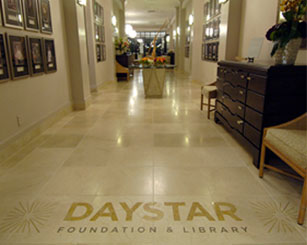
When and why was Daystar founded?
Daystar Foundation and Library was established in 1990 with the purpose to collect, care for, and make available books, papers, and memorabilia relating to the early days of Christian Science, its Discoverer and Founder, Mary Baker Eddy, and those individuals who helped her in the fledgling stages of the Christian Science movement.
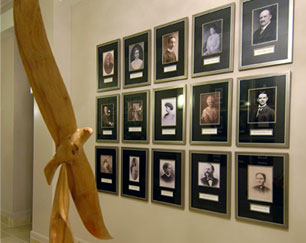
Why is Daystar necessary?
The relatively modest size of the Daystar facility allows ready access to the library collection. Most books are shelved within the study rooms so that visitors may explore for themselves the library’s holdings, which, in addition to the material relative to the formative years of the Christian Science movement, include historic Bibles, commentaries, and a selection of Bible research works. Daystar’s location in the American “heartland” has met a need for those interested in studying the history of Christian Science who may be unable or have little occasion to travel outside the Midwest. And, most importantly, as time advances farther beyond the period that saw the birth of Christian Science, there will be an increasing need that the written record of those who experienced its pioneer days be preserved and made available to future generations.
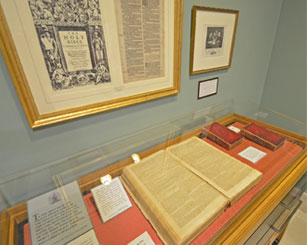
How did Daystar obtain its collection?
Daystar has received historical material from a number of different sources. One of Daystar’s founding Trustees, Chester Muth, C.S.B., who had received class instruction in Christian Science from Victoria Sargent (a pupil of Mary Baker Eddy), left to Daystar his collection of notes and reminiscences re- ceived from Mrs. Sargent. Shortly thereafter, Daystar became the recipient of a substantial collection of research materials from Jewel Spangler Smaus, the author of Mary Baker Eddy: The Golden Days, published by The Christian Science Publishing Society. Other individual collectors have generously donated substantial libraries of books relating to Christian Science, so that these items may be shared with seekers of firsthand information on the emergence of the Christian Science movement.
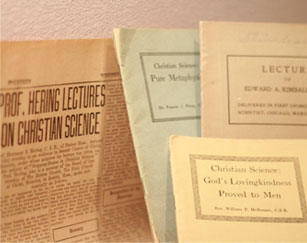
Other than the library collection itself, what resources does Daystar offer to those interested in the history of Christian Science?
Daystar’s biannual publication, Library Notes, offers original, documented articles that provide background on key subjects that relate to Christian Science history. Library Notes has proved to be an important means of sharing noteworthy material from the Daystar collection, particularly with those who are not able to visit the library. Daystar also sponsors talks on historic subjects by distinguished guest speakers, which are presented periodically to the public.
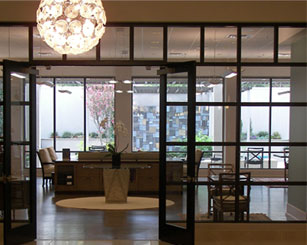
What is Daystar’s main objective?
The purpose behind Daystar is to foster deeper and more widespread interest in the history of Christian Science as discovered by Mary Baker Eddy and to inspire heartfelt appreciation for her and for those students of hers who faithfully served the Church she founded.
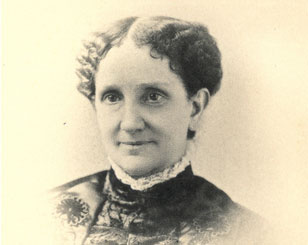
Who was Mary Baker Eddy?
Mary Baker Eddy, the Discoverer of Christian Science and Founder of the Church of Christ, Scientist, was a deeply Christian woman and perpetual student of the Bible. The youngest of six children, she was born in 1821 to Congregationalist parents, Mark and Abigail Baker, in the small town of Bow, New Hampshire. The constraints imposed on most women of her time were compounded in her case by frequent bouts with ill health and the early loss of those most dear to her. Yet after her discovery of Christian Science in 1866, the limitations and failures yielded one by one through her absolute faith in and understanding of God’s goodness and love.
READ MORE